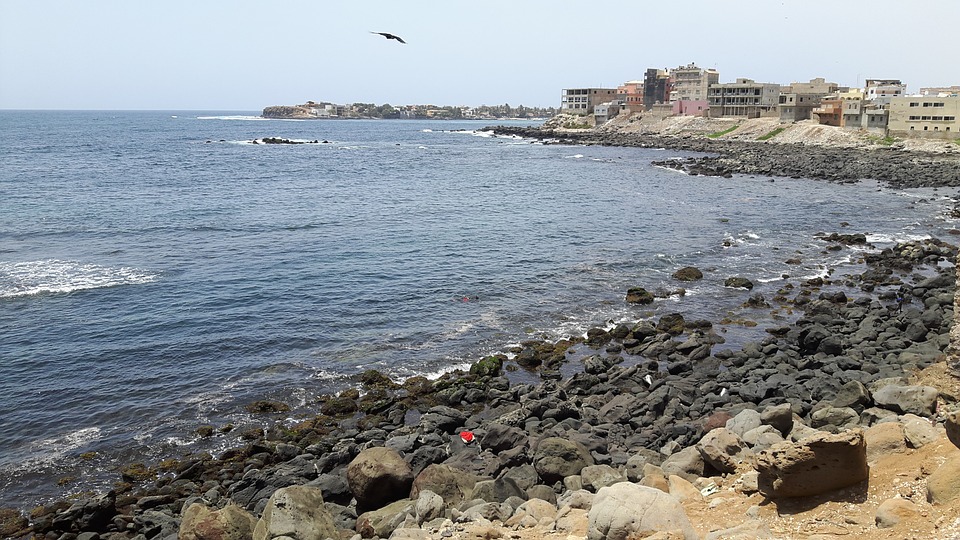According to the World Bank’s 2024 Economic Update for Senegal, the country's economic growth demonstrated remarkable resilience in 2023 despite facing political tensions and persistent, though declining, inflation.
Senegal's vibrant primary and secondary sectors significantly supported economic activity, even as the services sector faced disruptions and export growth slowed. The growth rate increased to 4.3%, up from 3.8% in 2022.
"The new authorities' commitment to strengthening transparency and public financial management presents an opportunity to bolster Senegal's positive medium-term economic outlook. However, this outlook depends on a commitment to fiscal consolidation and transformative reforms to ensure macroeconomic stability in the short term," noted Keiko Miwa, World Bank Country Director for Cabo Verde, The Gambia, Guinea-Bissau, Mauritania, and Senegal.
Senegal achieved its fiscal deficit reduction target for 2023, resulting in a deficit of 5.1% of GDP, slightly above the target of 4.9%. This achievement was due in part to an increase in tax revenues.
Wilfried A. Kouame, World Bank Lead Economist and one of the report’s authors, stated, "Tax reforms and improved personal income tax can raise domestic revenues by broadening the tax base and enforcing the legal framework without increasing poverty or inequality."
The report highlights that informality, a narrow tax base, and limited enforcement of legislation hinder the ability of direct taxes to increase revenues and address pretax inequality. Accelerating tax administration reforms and personal income tax policies can boost domestic revenue mobilization efforts.
Additionally, the report indicates that poverty incidence in Senegal has remained stable, with significant regional differences. Notably, there has been a decline in poverty in areas such as the Senegal River Valley.
As Senegal navigates these economic challenges, the commitment to fiscal discipline and reform will be crucial in sustaining growth and promoting stability.











